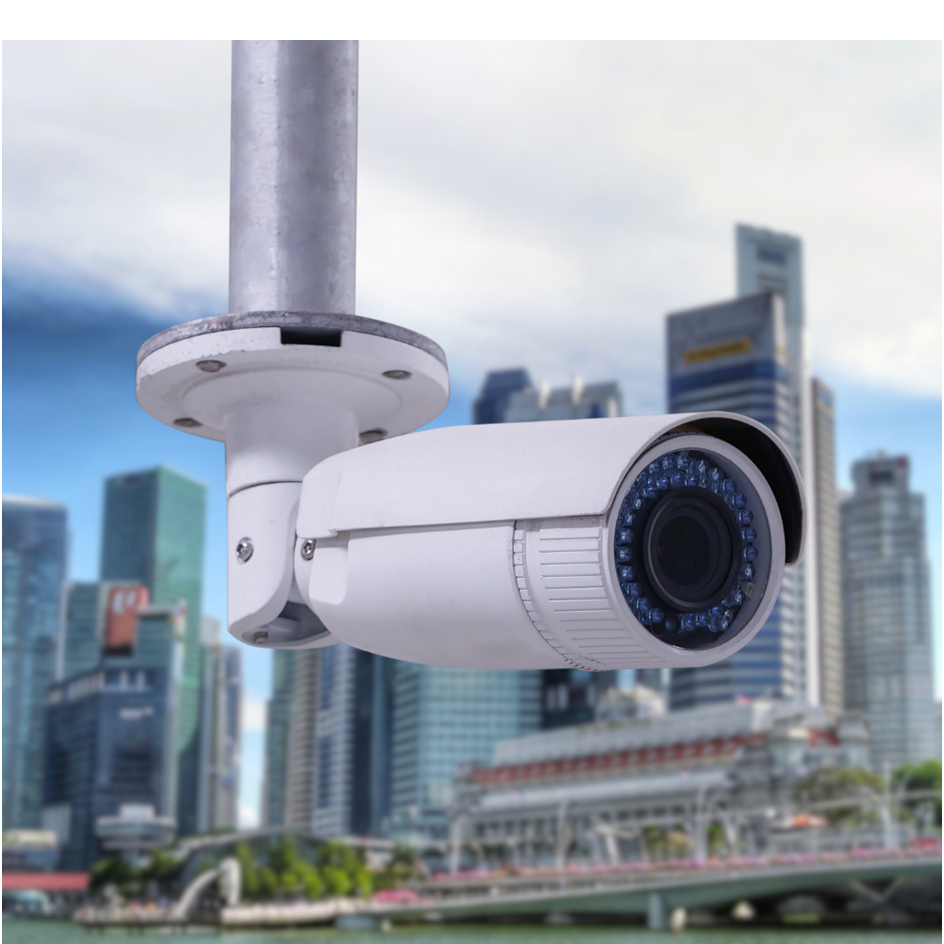
In Singapore’s urban landscape, ensuring the safety of both residents and businesses is of paramount significance. An increasingly favoured and effective method to address this concern is installing Closed-Circuit Television (CCTV) systems. In the city-state, renowned for its dedication to safety and societal order, the introduction of CCTV systems is governed by precise regulations and guidelines. These measures are designed to guarantee responsible utilisation and adherence to legal requirements.
Understanding the Regulatory Framework
Singapore has established a robust regulatory framework to govern the installation and operation of CCTV systems. The primary legislation overseeing this domain is the Personal Data Protection Act (PDPA). Enforced by the Personal Data Protection Commission (PDPC), the PDPA safeguards individuals’ data, and its application extends to using CCTV systems.
Under the PDPA, organisations and individuals are required to obtain consent before collecting, using, or disclosing personal data through CCTV systems. This resolution means that when installing a CCTV system in a location that captures images of individuals, explicit consent must be obtained unless an exception applies.
Obtaining Consent for CCTV Installation
For residential properties, homeowners are generally considered the data controllers responsible for obtaining consent. It is advisable to inform neighbours and individuals within the camera’s field of view about the installation and seek their consent beforehand. In a business context, the responsibility often falls on the business owner or entity implementing the CCTV system.
Consent should be clear, specific, and voluntary. People should receive clear information regarding the intention behind CCTV installation, the categories of personal data gathered, and the intended utilisation of such data. This openness guarantees the preservation of individuals’ rights and ensures that any apprehensions regarding privacy are appropriately dealt with.
Notable Exceptions to Consent Requirement
While consent is a general rule, there are exceptions outlined in the PDPA where consent may not be necessary. These exceptions are typically related to situations where obtaining consent is impractical and may compromise the purpose of installing CCTV systems. For instance, exemptions might be relevant in situations concerning public safety, law enforcement, or safeguarding an individual’s essential interests.
Nevertheless, even when an exemption is applicable, it is essential to carry out a comprehensive evaluation to guarantee that the gathering and utilisation of personal data through CCTV adhere to the principles of necessity and proportionality.
ALSO READ: 4 Questions You Should Ask Your CCTV System Provider
Ensuring Data Protection and Security
Apart from obtaining consent, ensuring the security and protection of the collected data is paramount. The PDPA mandates organisations to implement reasonable security arrangements to protect personal data from unauthorised access, disclosure, and misuse. This mandate includes securing the physical infrastructure of the CCTV system and implementing encryption and access controls for stored data.
Data retention policies are also an essential aspect to consider. Personal data captured by CCTV systems should not be retained longer than necessary to fulfil the purpose for which it was collected. Clear guidelines on data retention help organisations avoid the risk of holding excessive personal data, reducing the potential impact in case of a security breach.
Compliance with the Code of Practice for Video Surveillance
In addition to the PDPA, Singapore provides a more specific guide for the responsible use of CCTV systems through the Code of Practice for Video Surveillance. Developed by the Singapore Police Force, this code offers practical guidance for individuals and organisations involved in CCTV systems’ deployment.
Key elements of the Code of Practice include recommendations on camera placement to minimise intrusiveness, the importance of signage to inform the public about surveillance, and guidelines on handling and storing recorded data securely. Adhering to this code ensures that CCTV installations contribute to public safety while respecting privacy rights.
Penalties for Non-Compliance
Non-compliance with the regulatory framework governing CCTV installations in Singapore can result in severe penalties. The PDPC has the authority to impose fines and other enforcement measures for breaches of the PDPA, including violations related to CCTV usage.
To avoid legal repercussions, it is essential for individuals and organisations planning to install CCTV systems to familiarise themselves with the relevant regulations and guidelines. Seeking legal advice, especially for complex installations or unique circumstances, is a prudent step to ensure compliance.
Conclusion
While Singapore progresses in adopting technological innovations, utilising CCTV systems remains pivotal for upholding public safety and security. Simultaneously, it is crucial for both individuals and businesses to responsibly navigate the regulatory framework. Grasping and complying with the Personal Data Protection Act, acquiring consent, and abiding by the guidelines outlined in the Code of Practice for Video Surveillance are essential measures to guarantee that CCTV installations contribute to a safer environment without infringing individual privacy rights. By striking this delicate balance, Singaporeans can harness the benefits of CCTV systems while upholding the city-state’s commitment to order, security, and respect for personal data.
Visit Astrol Security Engineering to take the first step towards a safer and more secure environment.







